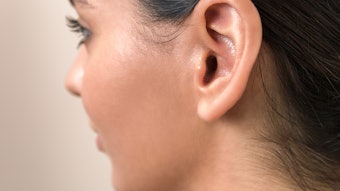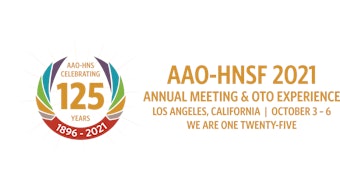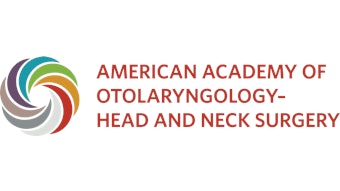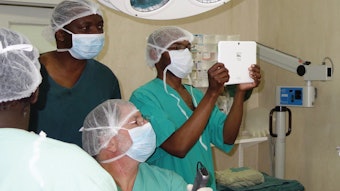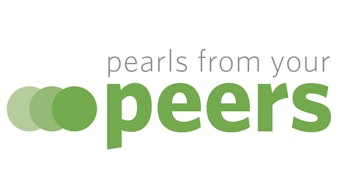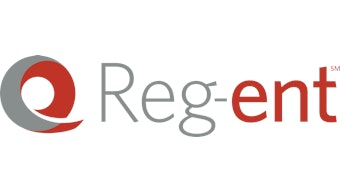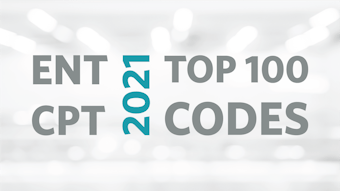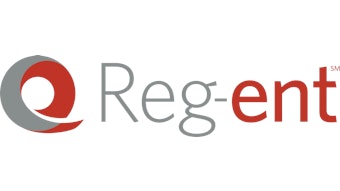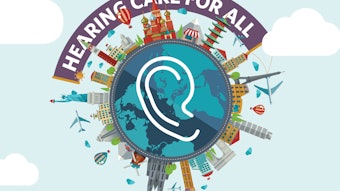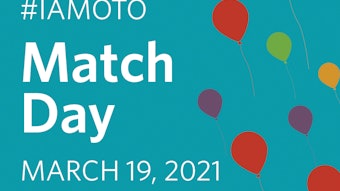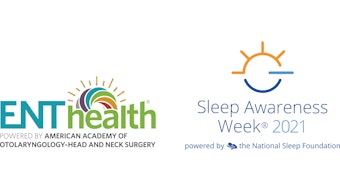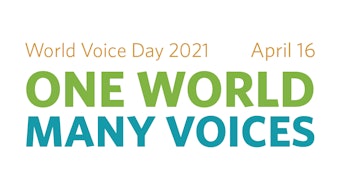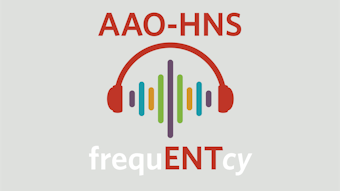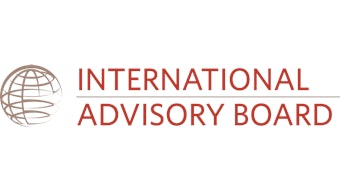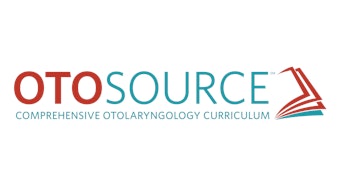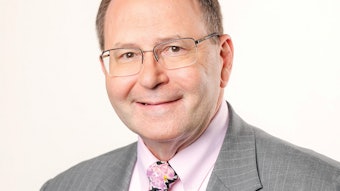Wellness Is Great, but Lifestyle Is Better
Wellness is one of the four key pillars of the Academy’s 125th anniversary giving campaign, 125 Strong Campaign, acknowledging how incessant demands on time and attention can lead to emotional and spiritual drain.
Richard M. Rosenfeld, MD, MPH, MBA
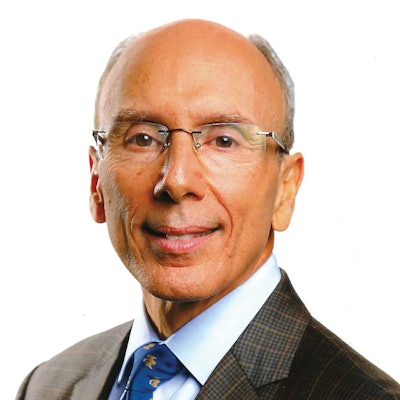 Richard M. Rosenfeld, MD, MPH, MBA
Richard M. Rosenfeld, MD, MPH, MBA
As Dana M. Thompson, MD, MS, notes in the Special 125th Anniversary Edition of AAO-HNS Bulletin, “Cultivating physician well-being and resilience is a key to enhancing the quality of otolaryngology care and the sustainability of our physician workforce.” These words are a call to action considering that 36% of otolaryngologists are burned out, only 30% are very happy at work, and 17% have suicidal thoughts (Medscape Otolaryngologist Lifestyle, Happiness & Burnout Report 2019).
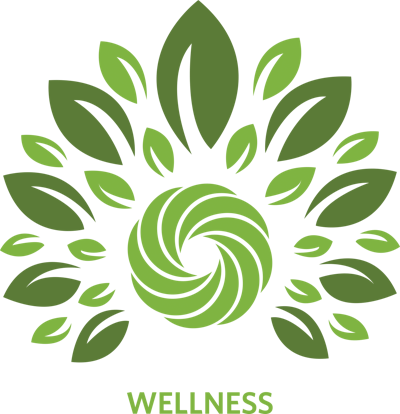
Of note, lifestyle medicine is a relatively new specialty, with ACLM founded in 2004 and the first board examinations administered in 2017. Certification requires completion of 30 hours of online/non-live CME, 10 hours of in-person CME, a certification examination, and a personal case study of their experience with lifestyle medicine.
Why is lifestyle medicine important for otolaryngologists? About 50% are overweight, 25% exercise once weekly or not at all (only 9% every day), 10% have seven or more alcoholic drinks per week, and most state they are unlikely to participate in workplace programs to reduce stress or burnout (Medscape Reports 2019 and 2020). The impact of these behaviors, plus suboptimal diet and poor sleep habits, contributes to why 45% of all U.S. adults have high blood pressure, 42% are obese, 13% have chronic lung disease, 9% are diabetics, and 7% have coronary artery disease (CDC estimates).
The current pandemic highlights the fragility of life, making it more important than ever to consider how lifestyle behaviors can protect us, and the patients we serve, from infections and their consequences. Perhaps the most empowering aspect of lifestyle medicine is that each of us has the power to adopt new behaviors that drastically reduce our odds of bad health outcomes. We cannot know with certainty what health challenges lie ahead, but we can take certain steps as individuals and society to promote lifestyle choices that build health, resiliency, and longevity.
Academy wellness initiatives will have the most impact on members, staff, and patients when considered part of a larger focus on the new specialty of lifestyle medicine. You can learn more about this dynamic, rapidly growing specialty through ACLM at www.lifestylemedicine.org.
